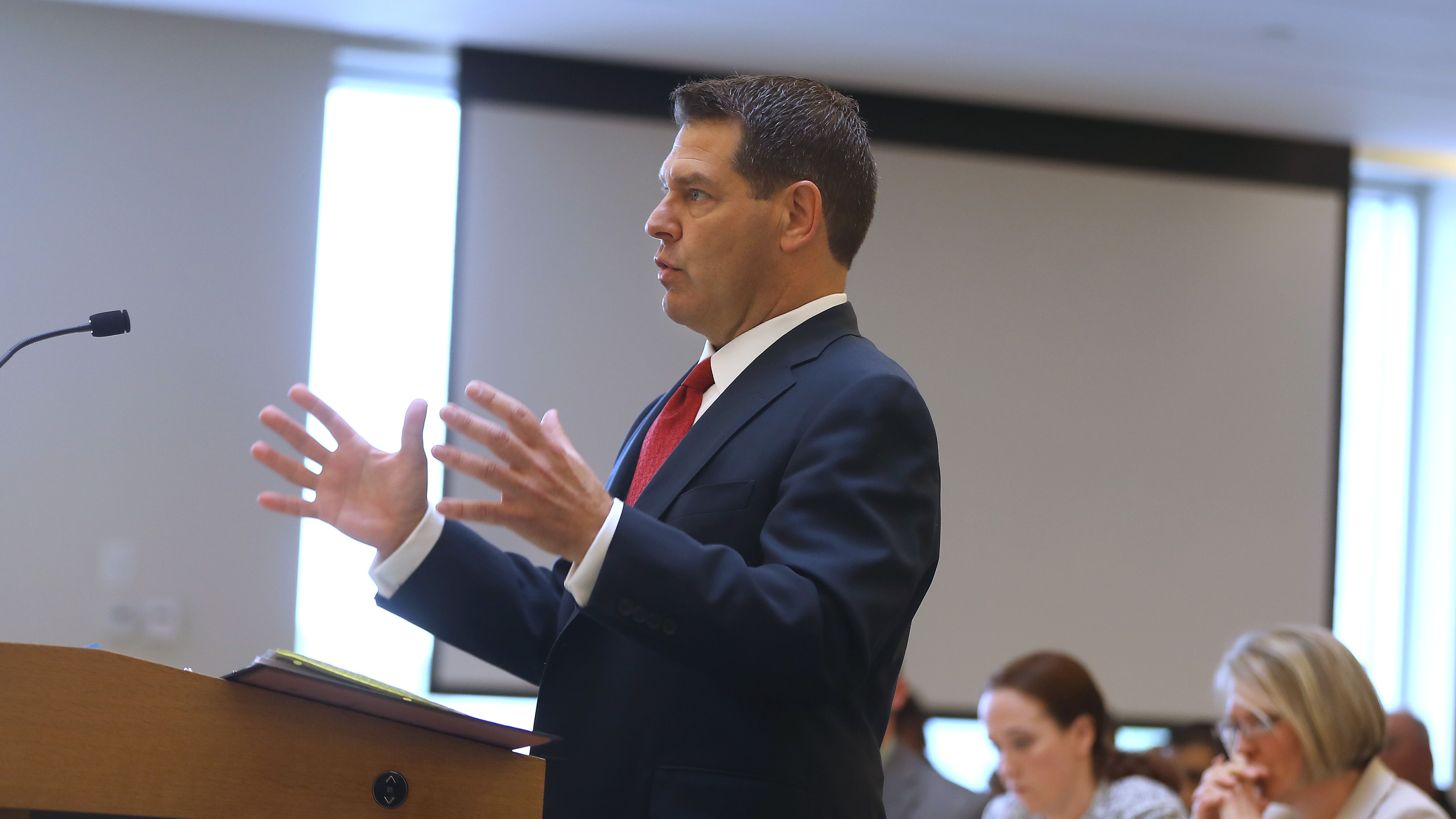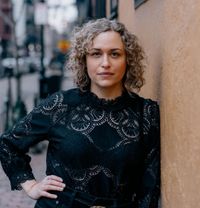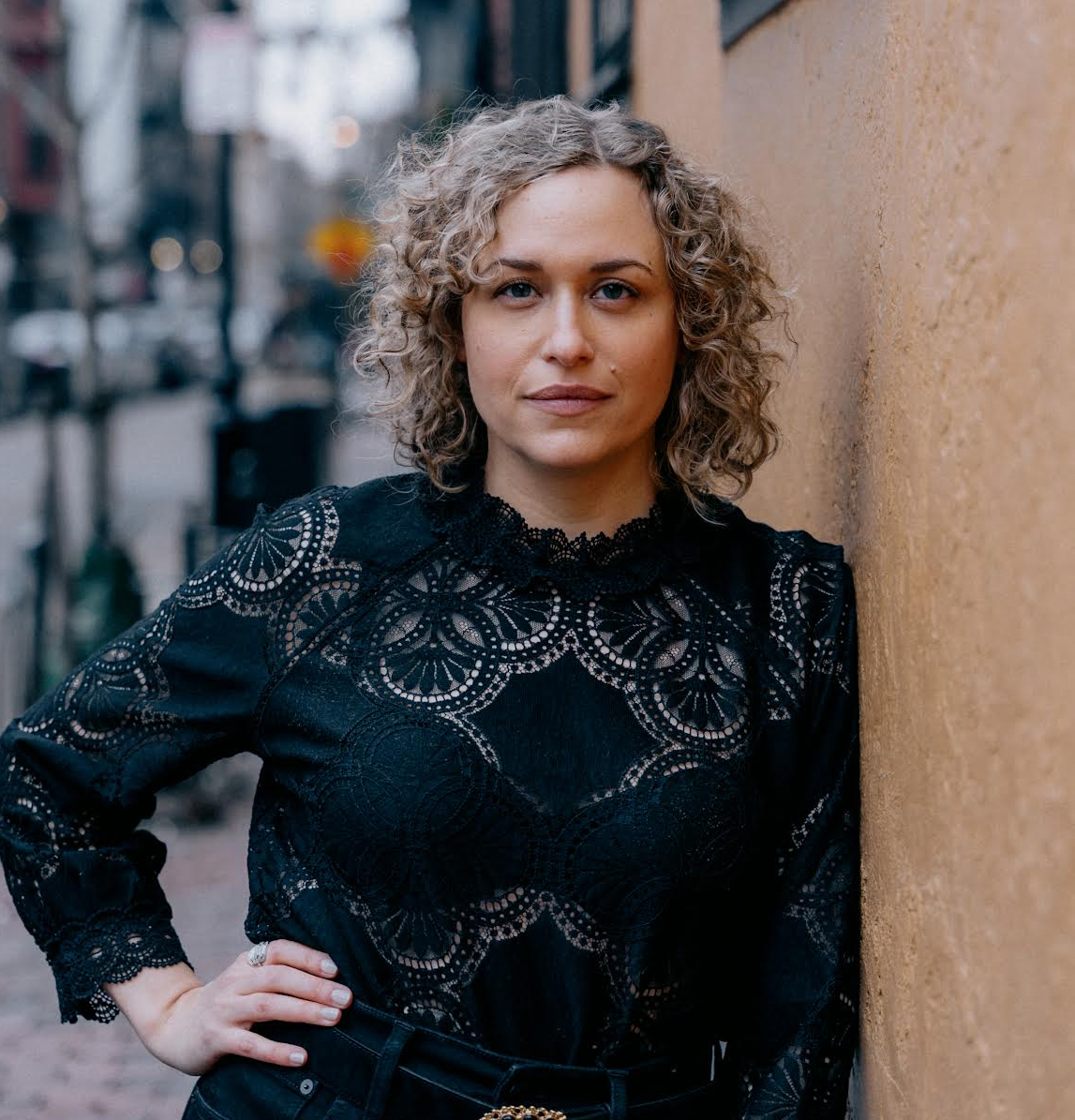Michelle Carter's Defense Attorney, Joseph Cataldo, Is Still Fighting for His Client
The HBO documentary I Love You, Now Die details his role in the trial.


As depicted in the HBO two-part documentary, I Love You, Now Die, Michelle Carter was convicted in 2017 of involuntary manslaughter in what became known as the "texting suicide" case of Conrad Roy. The story behind the case is nuanced, and no figure has been more vocal about this than Carter's defense attorney, Joseph Cataldo.
CONTENT WARNING: The below story contains detailed descriptions of a case involving death by suicide. This content may be triggering for some readers.
Cataldo is a prominent local criminal specialist, and has worked to establish the case as complex and to show his client as different from her persona in the media. According to him, Carter is not a cruel, heartless person who ordered someone to commit self-harm, but instead a young person suffering from mental health issues who was reacting to someone (Roy) who took it upon himself to kill himself, of his own volition.
This is not Cataldo's first high-profile case. He previously represented Terry Glynn, former Patriots football player, when he was accused of assault. But this is likely Cataldo's most public case to date, and one in which he has argued voraciously against setting a potentially dangerous legal precedent. Can one be convicted of manslaughter by simply encouraging someone to kill themselves? In other words, can words stand in for actions, even though Carter was not physically there to help Roy in his actions?
Notably, he hasn't argued that Carter's actions were right, simply immature—influenced by another ill and unhappy person (Roy), and potentially impacted by the antidepressants she'd been taking.
Throughout, Cataldo has emphasized that the case is far more complex than it first appears to the untrained eye. For over a year and a half (as depicted in the documentary), Carter encouraged Roy not to kill himself, but then her attitude seemed to change. Without this important context—Conrad seemingly hoping to "help" her boyfriend in a twisted kind of logic, per the defense's psychiatrist—the text messages look more outrageous and criminal than they actually were, he argues.
In February 2019, just before Michelle was taken into custody to begin serving her 15-month sentence, Cataldo said, "Rest assured, this legal battle is not over." He vowed that he would take the case to the Supreme Court, saying, "This should be up to the highest court in the land."
Get exclusive access to fashion and beauty trends, hot-off-the-press celebrity news, and more.
"This is an extremely important issue," he added, "and the Supreme Court should weigh this and what is says about today’s technology. It’s hugely important to address this issue." So, at least for Carter and Cataldo, the case isn't over yet.
If you’re thinking about suicide, are worried about a friend or loved one, or would like emotional support, the Lifeline network is available 24/7 across the United States at 1-800-273-8255.

Katherine’s a contributing syndications editor at Marie Claire who covers fashion, culture, and lifestyle. In her role, she writes stories that are syndicated by MSN and other outlets. She’s been a full-time freelancer for over a decade and has had roles with Cosmopolitan (where she covered lifestyle, culture, and fashion SEO content) and Bustle (where she was their movies and culture writer). She has bylines in New York Times, Parents, InStyle, Refinery29, and elsewhere. Her work has also been syndicated by ELLE, Harper’s Bazaar, Seventeen, Good Housekeeping, and Women’s Health, among others. In addition to her stories reaching millions of readers, content she's written and edited has qualified for a Bell Ringer Award and received a Communicator Award.
Katherine has a BA in English and art history from the University of Notre Dame and an MA in art business from the Sotheby's Institute of Art (with a focus on marketing/communications). She covers a wide breadth of topics: she's written about how to find the very best petite jeans, how sustainable travel has found its footing on Instagram, and what it's like to be a professional advice-giver in the modern world. Her personal essays have run the gamut from learning to dress as a queer woman to navigating food allergies as a mom. She also has deep knowledge of SEO/EATT, affiliate revenue, commerce, and social media; she regularly edits the work of other writers. She speaks at writing-related events and podcasts about freelancing and journalism, mentors students and other new writers, and consults on coursework. Currently, Katherine lives in Boston with her husband and two kids, and you can follow her on Instagram. If you're wondering about her last name, it’s “I go to dinner,” not “Her huge ego,” but she responds to both.